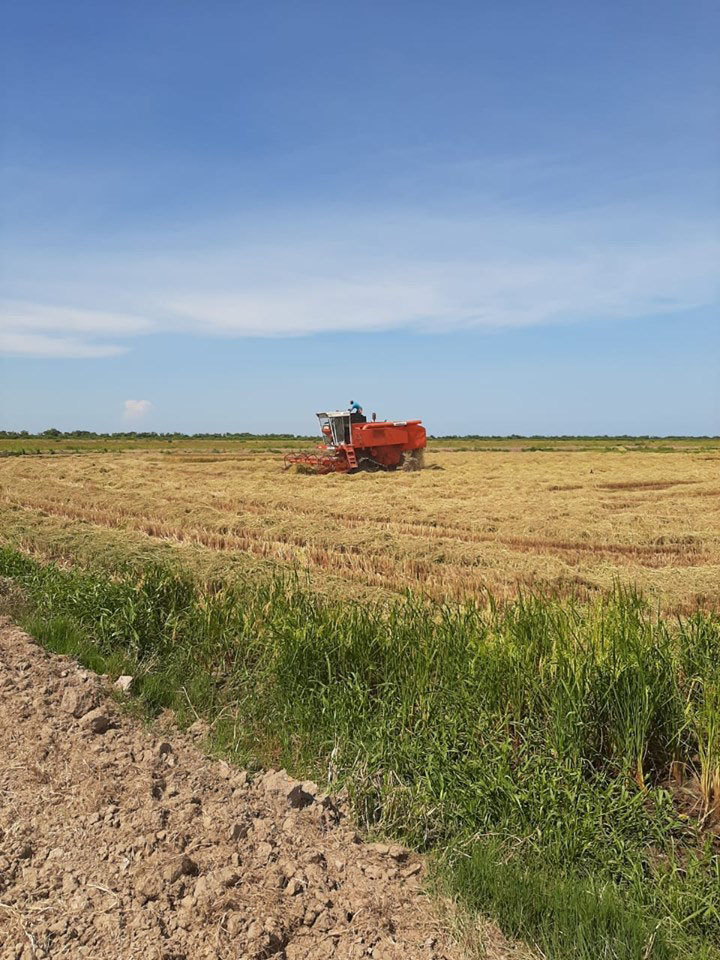The World Economic Forum has identified twelve transformative agricultural technology areas with the potential to generate positive impacts along food value chains. These range from the increased consumption of alternative proteins to measures that can make food systems more resource-efficient and climate-resilient such as precision agriculture, gene-editing and biological-based crop protection, and technologies that improve traceability.
While technological solutions alone can be detrimental in the absence of contextual understanding and relevance, there is no doubt that breakthrough technologies offer one of our greatest hopes for making progress in a long-neglected sector. The challenge is to agree on their appropriate combination for different food value chains and geographic contexts, and to develop the supportive policies, investments and capacity-building to scale their implementation in ways that are equitable, efficient and environmentally sustainable.
Scaling up food research hubs and networks
There is an urgent need to scale up agricultural and nutrition research facilities and alliances in developing countries like Guyana. Both the public and private sectors have crucial roles to play here.
National, regional and international research institutions are equally important to the food system since they realize customized solutions that can be applied to local needs and realities. Here in Guyana, there is also a need to develop closer links between agricultural and nutrition and health research centres, both nationally and globally.
Unlock finance for small and medium enterprises
Some estimates suggest that global food and agricultural investments tripled between 2004 and the present and considerably exceed US$100 billion. Sadly, more than 60% of these assets are invested in North America and Europe and the available research does not even bother to make mention of the amount invested in the Caribbean, moreso in the small and medium enterprises (SMES) that alleviate poverty, provide jobs in mostly poor rural communities and which make up the bulk of the food inputs, production, processing and distribution systems in developing countries like Guyana.
Here in Guyana, the emergence of oil and gas as front-running economic factors has given rise to a fairly energetic national discourse on the importance of sustaining, indeed significantly expanding the agricultural and agro processing sectors. Analysts are beginning to see prospects for potentially exciting alliances designed to address the challenge of insufficient financing for SMEs in these sectors, and while the commercial banking sector continues to be a considerable disappointment in this regard, the emergence of institutions like the Small Business Bureau (SBB) and the increasing advocacy for more government investments in the aforementioned sectors have raised hopes of an increasing focus on agriculture and agro processing as sectors that will survive, indeed prosper, in a so-called oil and gas economy.
What has also begun to emerge in Guyana are muted but still audible noises Leaders should seek to maximize finance for the inclusive and sustainable development of agricultural value chains. Deliberate policy actions that allow food and agricultural businesses of all scales to thrive will make for a more dynamic and responsible sector – a sector that creates jobs, responds to consumer preferences, and is better able to take on health, nutrition and environmental considerations.
Restructure agricultural support to deliver public goods
In these challenging times there is need for more focus on investments in agricultural initiatives targeted to incentivize the production of more nutritious foods, more sustainable use of natural resources, increased economic efficiency and enhanced incomes for smallholder farmers. The implications of this for countries like Guyana include significantly increased spending on training, laboratory- related infrastructure, research and investigative/experimental farming. This, overall, will mean significantly increased spending in the agricultural sector and it is reasonable to expect that such funding will derive from monies accruing from the oil and gas sector.
Here in Guyana, direct support for initiatives like climate-smart agriculture will create opportunities to impact positively on the sector as a whole. That logic also applies to nutrition – related goals.





